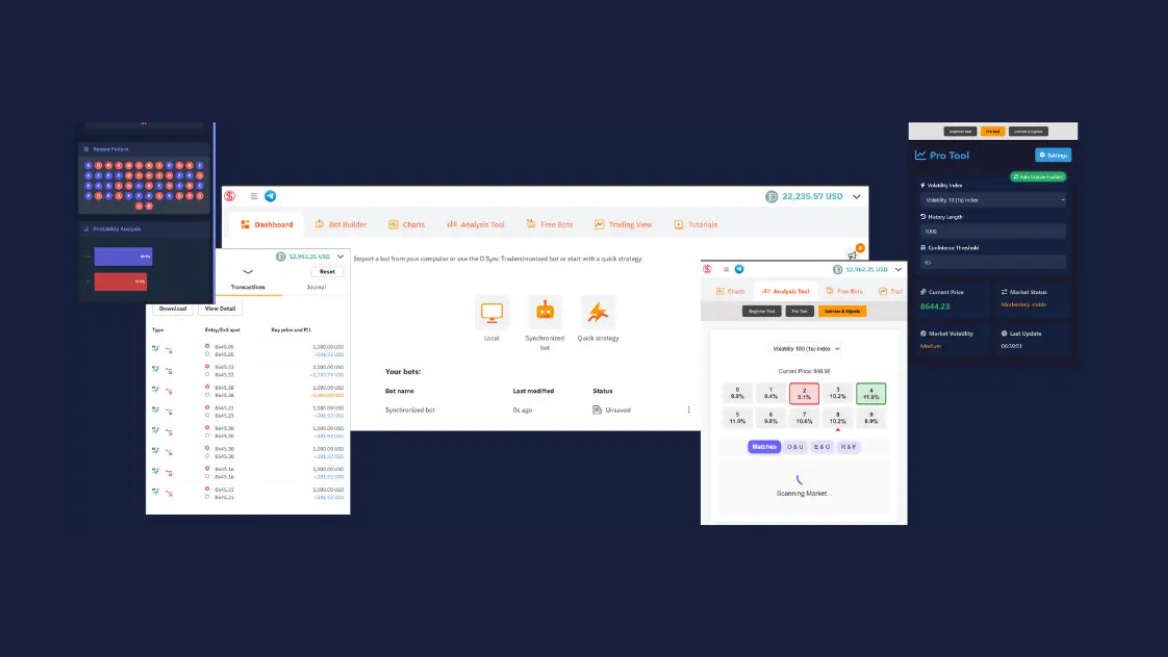Forex Trading: Real Opportunity or Just Another Scam?
Forex Trading: Is It Real or Just Another Scam?
Introduction: The Truth About Forex Trading
Forex trading, also known as the foreign exchange market, is the world’s largest financial market,
with over $7.5 trillion traded daily. Yet, despite its massive scale, many people ask:
Is forex trading real or a scam?
This blog will break down:
- What forex trading really is
- Why many consider it a scam
- How you can actually make money
- Signs of real opportunities vs scams
What is Forex Trading?
Forex trading is the exchange of one currency for another to make a profit. For example, buying EUR/USD (Euro against U.S. Dollar) when you expect the Euro to rise in value.
- Accessibility: Trade anytime, anywhere with a phone or laptop.
- Leverage: Brokers allow small deposits to control larger positions.
- Liquidity: 24/5 global trading with high transaction volume.
Why Do People Think Forex is a Scam?
1. High Failure Rates
Over 90% of beginner traders lose money. Most treat forex like gambling without a solid plan, which leads to quick losses.
2. Scam Brokers
Unregulated brokers manipulate charts, block withdrawals, or vanish with funds. These cases create distrust in the industry.
3. Social Media Hype
Influencers flaunt luxury lifestyles, claiming forex paid for it all. Many actually earn from selling courses or signals, not trading.
4. Lack of Knowledge
Beginners underestimate how complex forex is. Losses often make them believe “forex is a scam.”
5. Pyramid Schemes & MLM
Some “forex companies” are actually Ponzi schemes, recruiting members under the guise of forex trading.
Is Forex Trading Real?
Yes, forex trading is legitimate. It’s used by banks, governments, and businesses worldwide. However, the retail side of forex (where individuals trade through brokers) is full of traps.
The truth:
- Forex is not a scam.
- But it’s not a get-rich-quick scheme either.
- Success requires knowledge, risk management, and patience.
How to Actually Make Money in Forex
1. Get Proper Education
- Learn technical analysis (charts, indicators, price action).
- Study fundamental analysis (economic news, interest rates).
- Master risk management and trading psychology.
2. Pick a Regulated Broker
Choose brokers regulated by:
- FCA (UK)
- ASIC (Australia)
- CFTC/NFA (USA)
- CySEC (Europe)
3. Manage Your Risk
- Risk only 1–2% per trade.
- Always use a stop-loss.
- Avoid over-leveraging (high leverage = high risk).
4. Develop a Strategy
Choose a style:
- Scalping: Quick trades in minutes.
- Day trading: Positions closed within the day.
- Swing trading: Holding for days or weeks.
Backtest your strategy before trading live.
5. Master Trading Psychology
Emotions like fear and greed destroy accounts. Discipline is the difference between winners and losers.
6. Start Small
Test on a demo account or trade with small amounts before scaling up.
How to Spot a Forex Scam
- Guaranteed profits.
- Pressure to invest more money.
- Difficulty withdrawing funds.
- MLM or pyramid-like structures.
If it sounds too good to be true, it probably is.
Conclusion
So, is forex trading real or a scam?
- Forex trading is real.
- But it’s full of traps that make it look like a scam to beginners.
- With education, strategy, and discipline, it can be a powerful wealth-building tool.
If you treat it like gambling, you’ll lose and call it a scam. If you treat it like a business, forex can open doors to financial independence.
